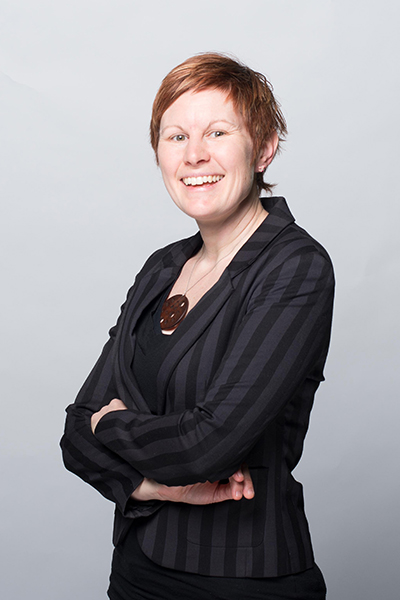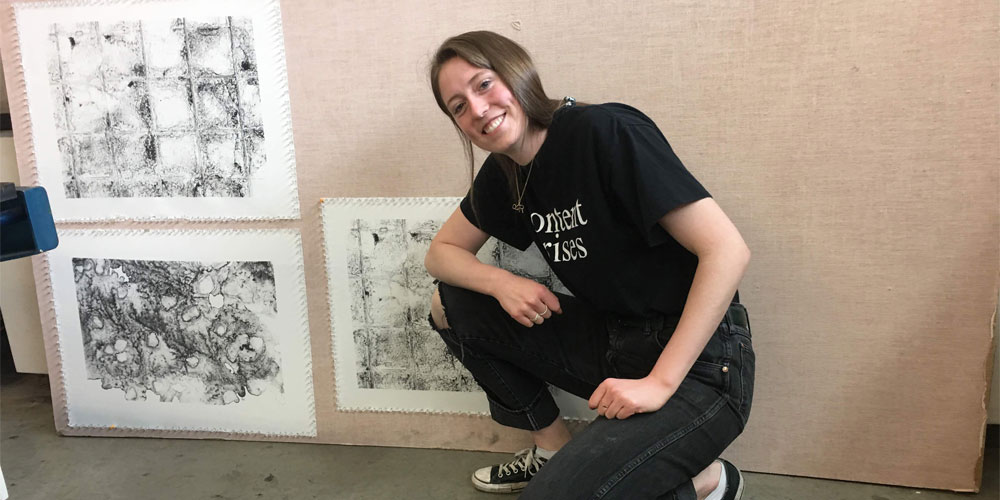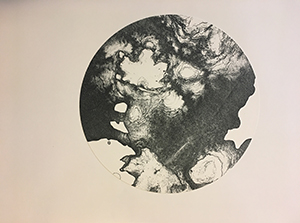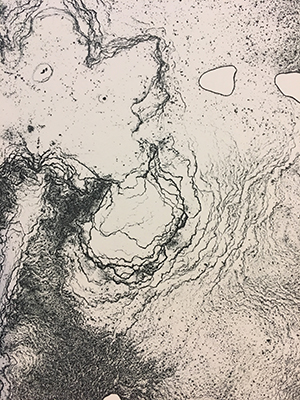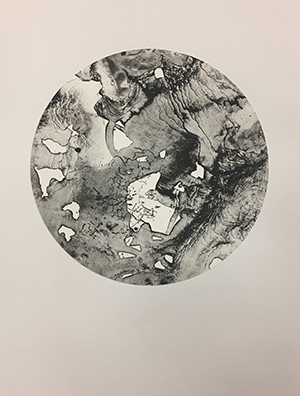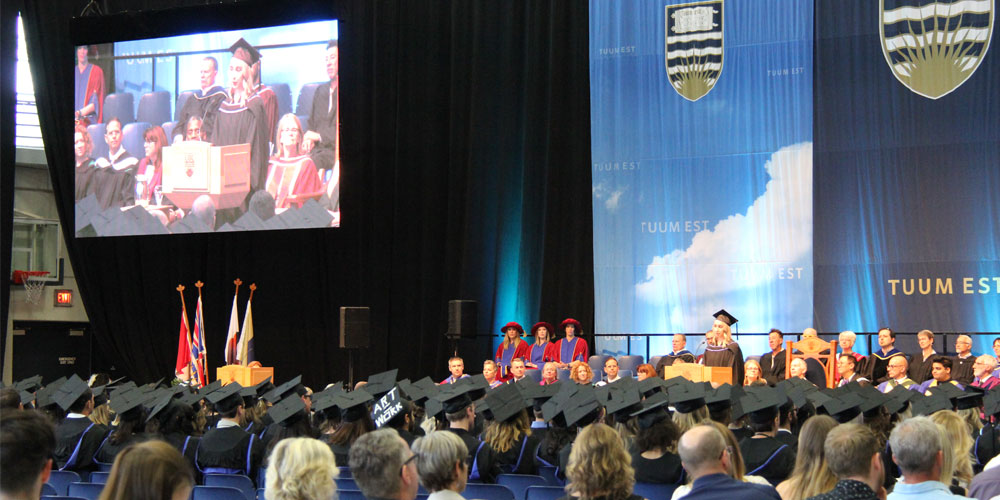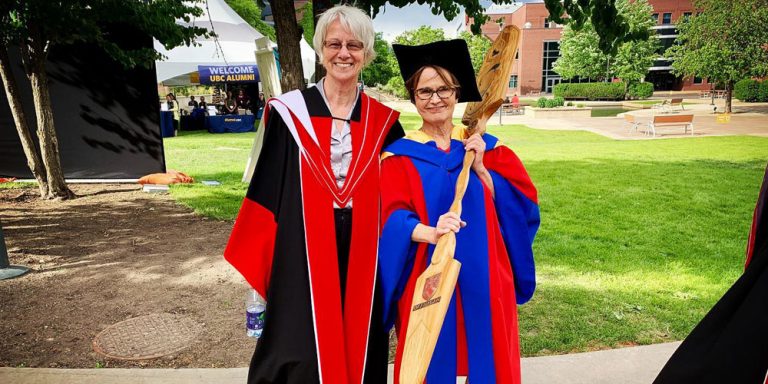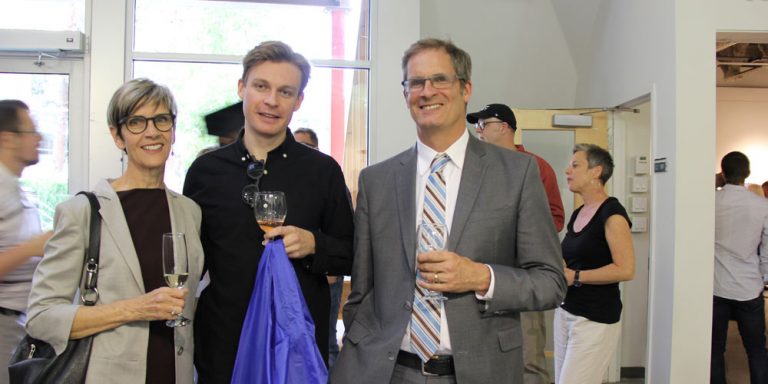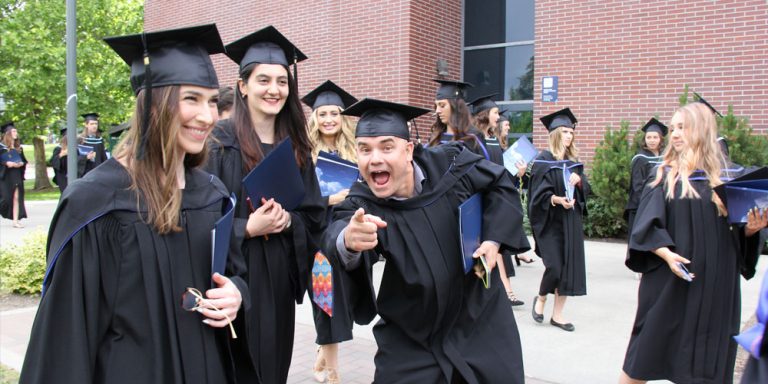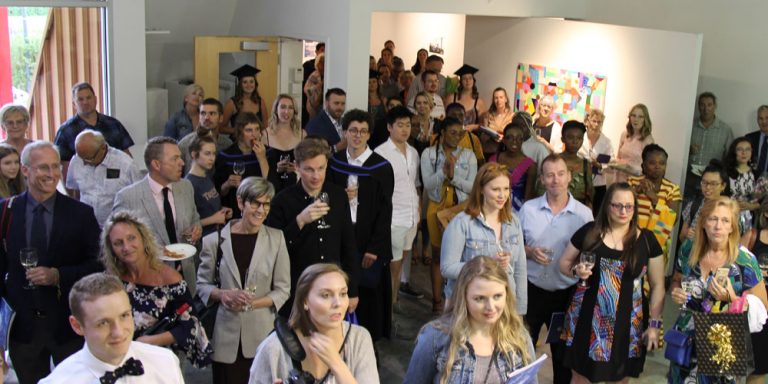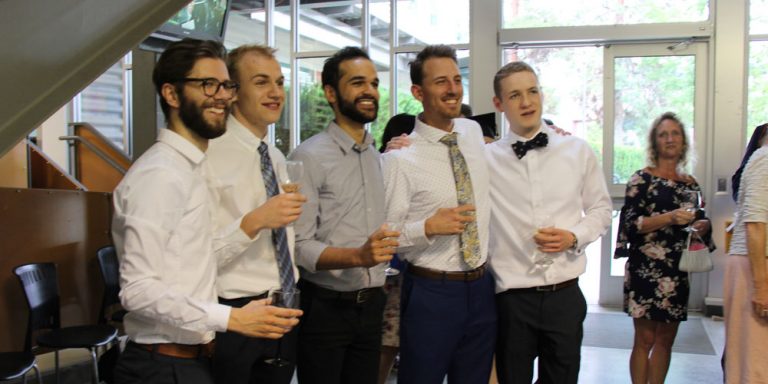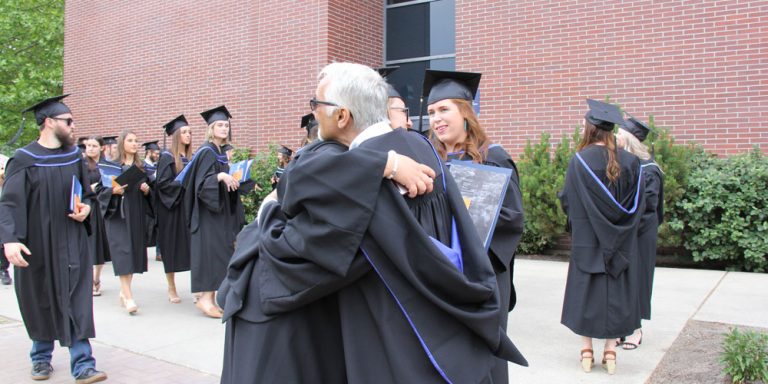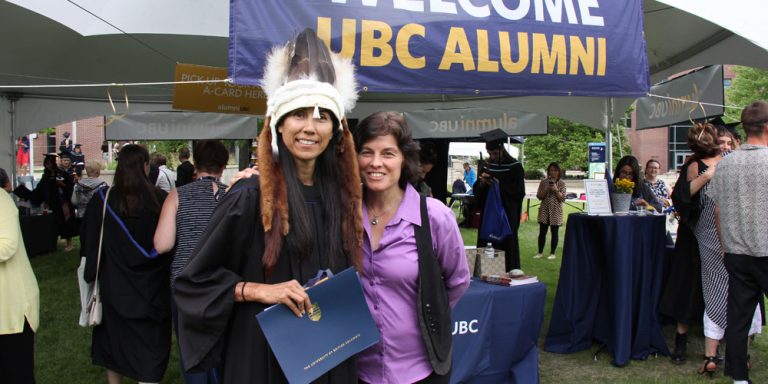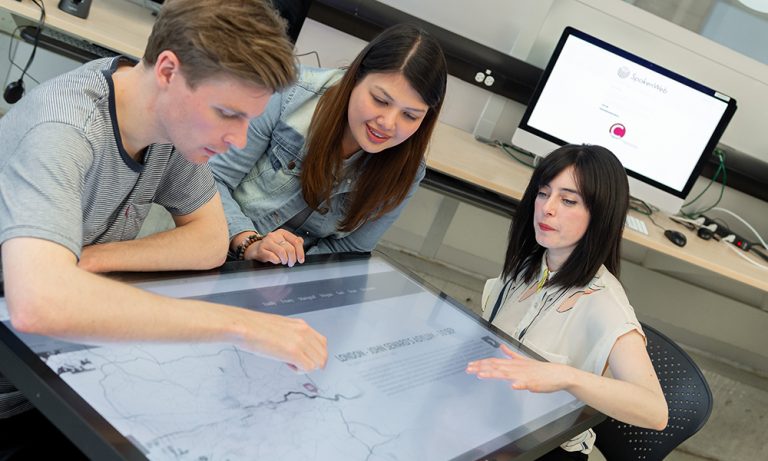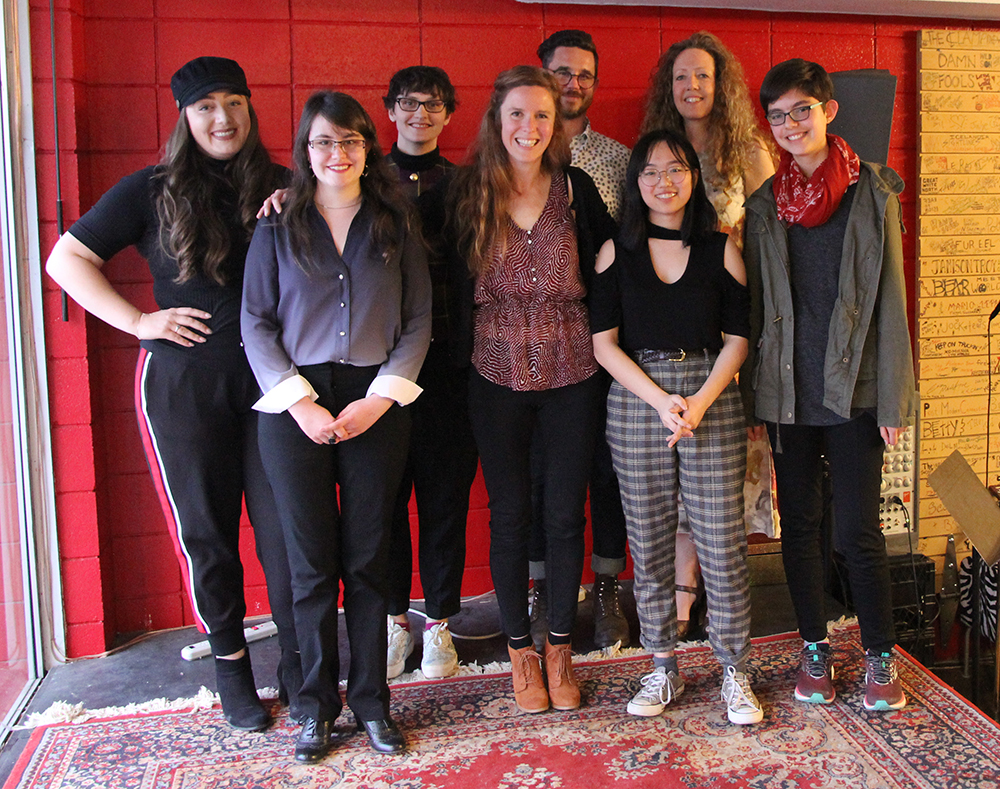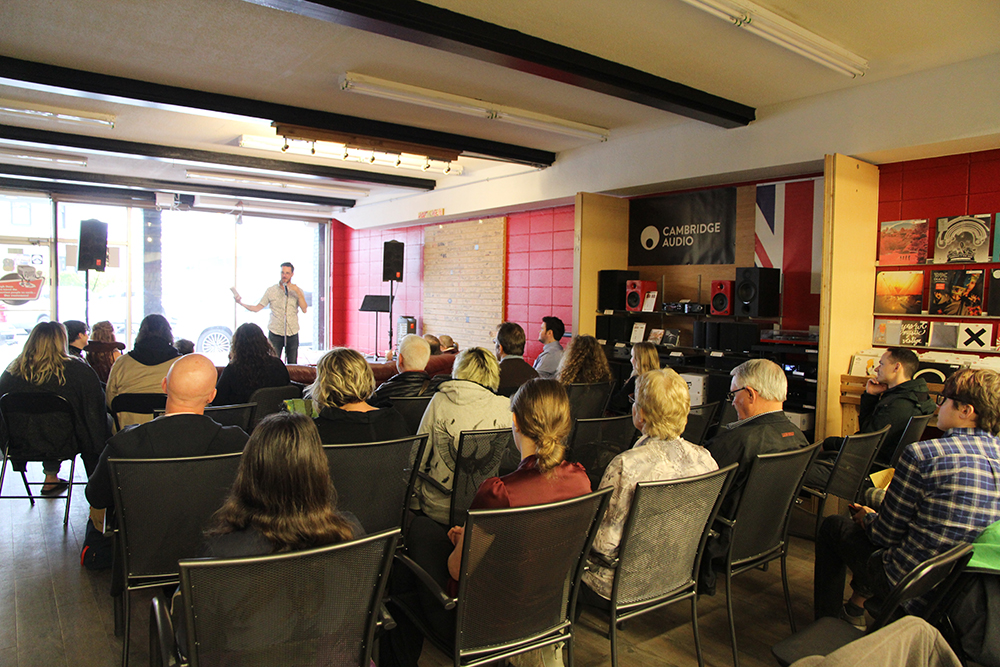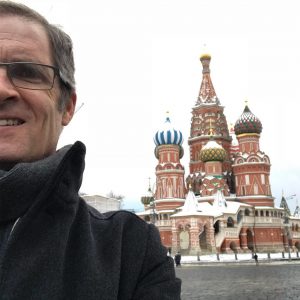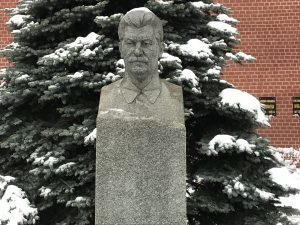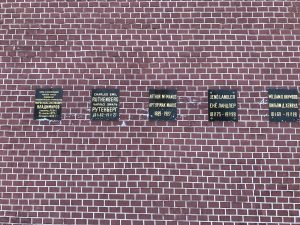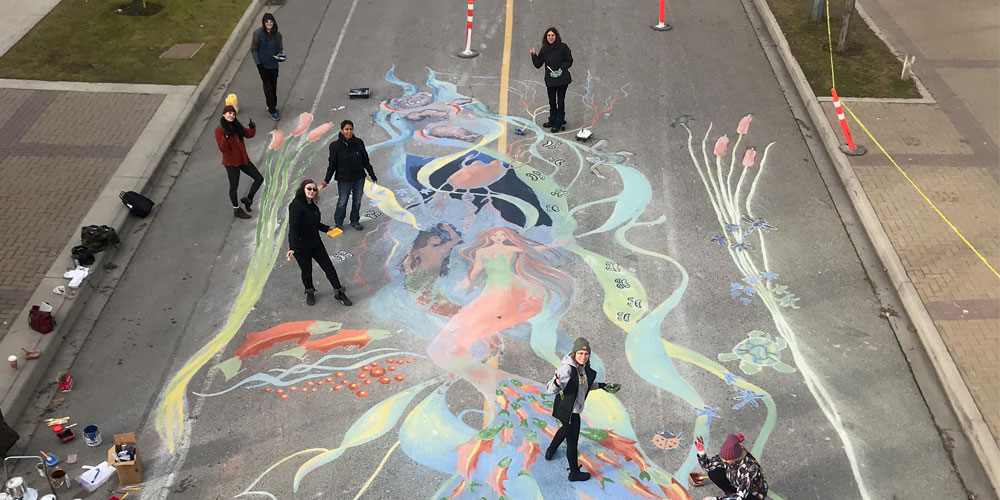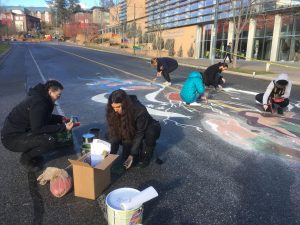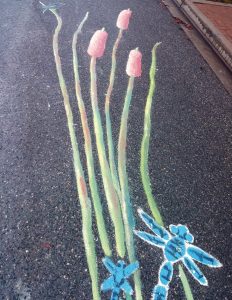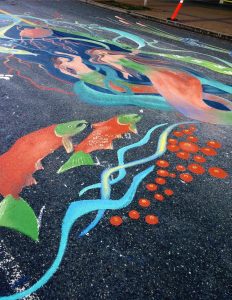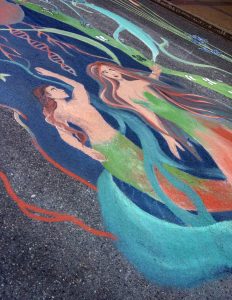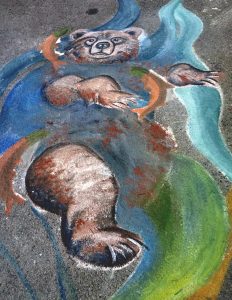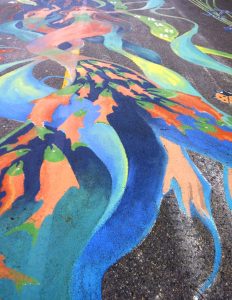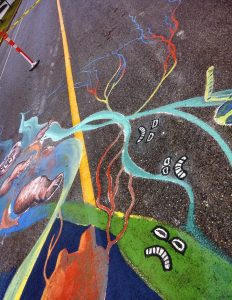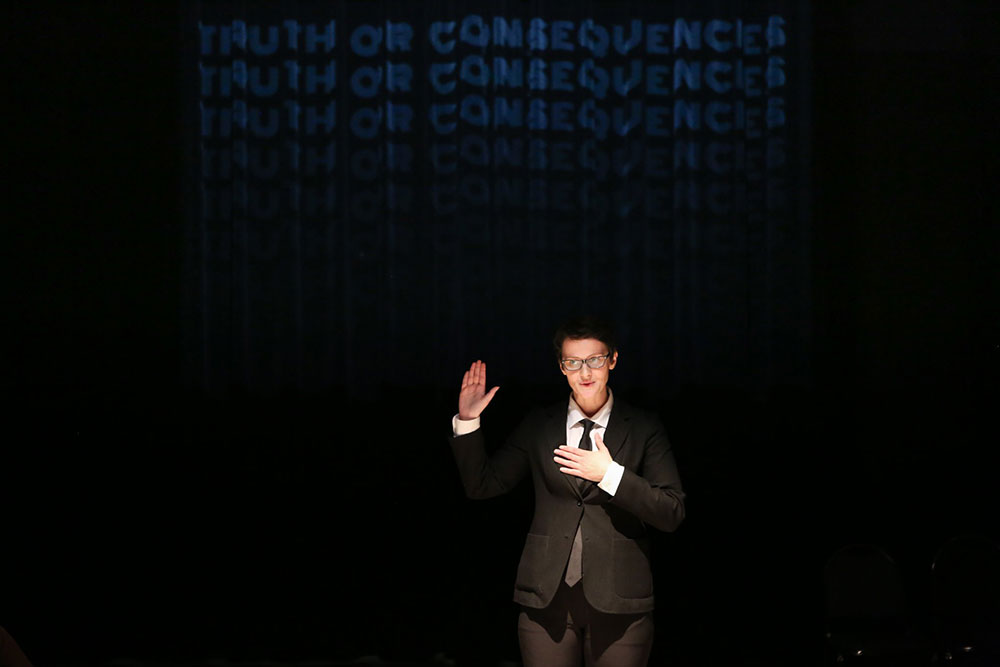
Erin Scott’s MFA thesis performance, Truth or Consequences.
Erin Scott earned her MFA in Interdisciplinary Studies with a focus on Writing and Performance from 2016 to 2018. Her thesis project was an interactive, storytelling game-show called Truth or Consequences.
“Working on my MFA was the most focused creating time I have had since becoming a mother in 2011! While earning my degree, I established myself as a scholar, a teacher, and an artist.”
Prior to working towards an MFA, Erin finished her undergrad degree at UBC Okanagan with a major in Creative Writing, and a minor in Indigenous Studies, which she completed in 2011.
Everyone knows that it is a fine balance to find time creating and producing as an artist, supporting yourself financially and raising a family.
“I was recently out of school and looking for work that was in my field, but still contract based, so I would have time to continue working on my show and preparing for a potential tour.”
Erin became Co-Executive Director of Fat Cat Children’s Festival in September 2018. The festival has been running for 29 years in Kelowna and is a beloved festival celebrating art and children. In addition to this position, Erin is the Executive Director of Inspired Word Café.
IWC is a community non-profit focused on providing high calibre performance poetry, workshops, and open mic events, and is vital to the literary community here in the Okanagan Valley as one of the only literary organizations. They support both professional and amateur writers in their expression of self through words, and represents marginalized members of the community, taking pride in being a haven for those who are often undervalued and under-served in the arts.
The experiences Erin had during both of her degrees helped her develop as a practicing artist and gave her a set of skills she could use as an organizer of events in the community.
She learned how to run events, from conception to realization. She learned how to engage with professional artists in her field and develop her network of colleagues and contacts. She learned how to lead a team and delegate work to be able to extend her capacity by working intimately within community. She also learned how to lean on her mentors during tough emotional and personal times in her life.
“I think we often talk about the career part of university, but if you are fortunate like I was, you will also develop deep connections with professors who will support you as a whole human, with all kinds of emotional and personal needs, as well as academic and professional ones.”
Using her close ties to UBCO, Erin has worked with the other members at IWC to create a partnership with the FCCS annual reading series. The Milkcraters of the Moon Reading Series, organized by Creative Writing faculty members and IWC provides an engaged audience to hear a number of visiting and local writers, and gives opportunities to emerging poets and writers at their open mic spots at each event.
“In many ways, this partnership has been a revitalization of FCCS’s Reading Series, as it has a new crowd, with a different set of interests and values shaping the selection of visiting authors. It feels fresher than it has in years.”
Erin continues to work on her art practice with performances in the community and collaborates with many local artists, performers and writers. This past winter, Erin presented a storytelling event with Creative Writing professor, Michael V. Smith, and showcased her performance, Truth or Consequences at the Living Things Festival in February of 2019.
